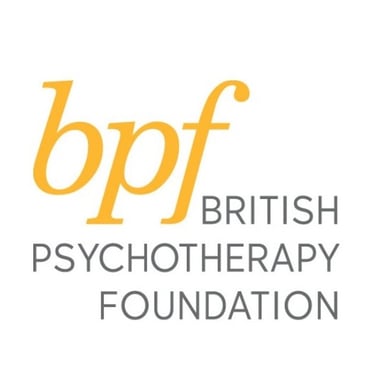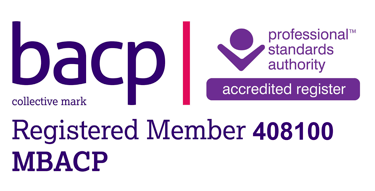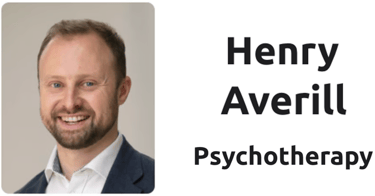Reflective Groups
What is a Reflective Practice Group?
Drawing on my training in group analysis from the Institute of Group Analysis (IGA) and my associate status with Exploratory Goal-Corrected Psychotherapy (EGCP), I facilitate group reflective practice workshops.
Inviting me to lead a Reflective Practice Group in your workplace is a structured way to pause, examine collective experiences, and reflect on decision-making. In these sessions, we explore how people interact and feel when they are free to speak away from their usual work tasks.


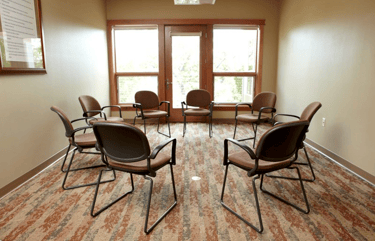

To understand the roles people play in workplace conflicts, and how they work together, we begin a gradual process of mutual discovery. Instead of reflecting on tasks alone or in a rigid way, these open group discussions with colleagues can help you find new purpose in your work. You'll learn from what emerges through conversation and collaborative exploration. For example, if your team has had a busy week of isolated meetings, challenges, and turning points, a reflective group helps you bring these developments together. By exploring the personal meaning of these experiences, you can decide on your best next steps.
Some of the most effective tools for reflective practice include asking questions, telling stories, and engaging in dialogue. Since reflective practice is built on curiosity and enquiry, well-formed questions are central. Stories, or narrative accounts of events, allow us to revisit and “re-live” an experience. By reflecting on how we have told the story of an experience, we can begin to notice the meanings we have attached to it. These insights can then be explored further on our own through thoughtful questioning, or together with others through open conversation.
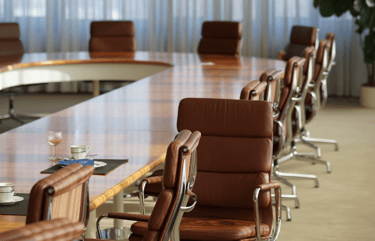

Reflective Practice in Teams
Reflective practice offers several key benefits when done as a group:
• Generate new insights: Sharing different perspectives can spark new ideas and lead to a deeper understanding for everyone.
• Reduce bias: Open and honest discussion allows information to be cross-checked, helping to spot inaccuracies or misunderstandings.
• Create a fuller picture: By comparing notes and filling in gaps, teams can build a more complete understanding of events or processes.
• Strengthen decision-making: Collective analysis can uncover the root causes of problems and lead to better-informed solutions.
• Encourage shared responsibility: When more people understand the challenges and their origins, they are more motivated and committed to making meaningful changes.
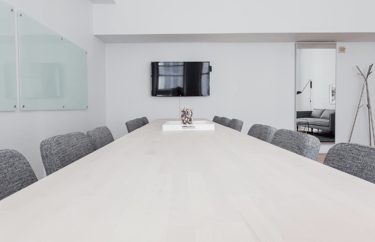

Psychotherapy
To find out more, you can make an enquiry by email, phone or by using the contact form.
Please include a few details about yourself and what you think you would like from the treatment.
Contact
Location
+44 7907 804022
© 2025. All rights reserved.
Therapy Rooms Exeter, Argyle House, Gandy St, Exeter EX4 3LS
henry@averillpsychotherapy.co.uk
